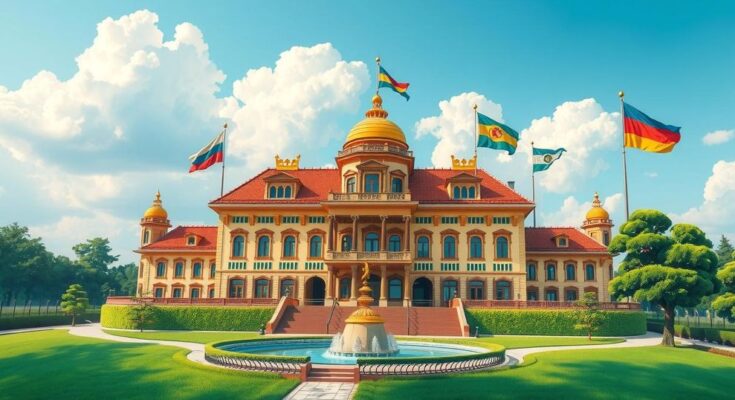Tajikistan’s parliamentary elections on March 2, 2024, were characterized by a lack of real political competition, absence of independent oversight, and repression of opposition and media. President Rahmon’s party claimed victory amid significant accusations of electoral fraud and authoritarian governance. The legitimacy of the elections remains highly questionable due to these overwhelming constraints.
Tajikistan, the lowest-income country in Central Asia, conducted parliamentary elections on March 2, 2024, under the long-standing leadership of President Emomali Rahmon, who has maintained power since 1992. His party, the People’s Democratic Party of Tajikistan, claimed victory, capturing 49 of the 63 parliamentary seats. However, the elections were criticized due to a lack of international oversight, as Western observers were effectively barred from monitoring the process.
The elections in Tajikistan, lacking credible oversight and featuring a heavily restricted political landscape, raise serious doubts about their legitimacy. Rahmon’s oppressive governance has eradicated political competition and significantly curtailed media freedoms, undermining the prospects for genuinely democratic elections in the nation. The situation calls for international scrutiny to foster accountability and uphold human rights.
Original Source: www.voanews.com




